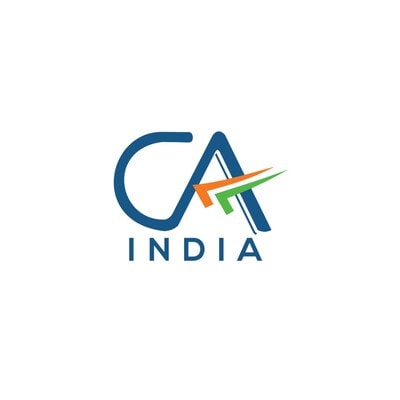NFRA, ICAI clash over proposed changes in auditor responsibility for firms | News

)
ICAI said the move will further concentrate power in the hands of a few large audit firms.
By Menaka Doshi
A proposal aimed at enhancing auditor responsibility for preparing consolidated financial statements of companies, including subsidiaries, has led to a clash between two of India’s accounting regulators.
The National Financial Reporting Authority — a body set up by the Indian government and which has the power to monitor and enforce compliance of accounting standards — last week in a consultation paper proposed making the auditor of a parent company responsible for financial statements that put together accounts of subsidiaries and affiliates. The proposed change is set to bring the Indian rule in line with global standards.
Opposing this, the Institute of Chartered Accountants of India — a self regulatory organisation — said the move will further concentrate power in the hands of a few large audit firms. That will put many smaller firms out of business if the big auditors refuse to rely on their audits.
The NFRA’s proposed change stems from the alleged audit failures at companies like Reliance Capital Ltd., Coffee Day Global Ltd., Dewan Housing and Finance Ltd. and IL&FS Group where a “mechanical reliance was placed by the principal auditor on the work of the other auditor,” the regulator said. That makes it tough to pin responsibility, it added.
Of the top 100 large and mid-cap companies, 23 had over 50 subsidiaries, affiliates and 76 of these 100 had overseas arms, according to NFRA data. At present, subsidiaries and affiliates are often audited by smaller firms.
The top five firms, such as EY and Deloitte, audit over 60 per cent of the country’s 500 largest listed companies, but thousands of smaller firms depend on subsidiaries and affiliates for business.
Counterting ICAI’s concerns over survival of smaller auditors, the NFRA said its proposal impacts 1.5 per cent of total active companies in the country and exempt government-owned entities, including banks where branch audits are done by smaller firms.
Ketan Dalal, founder of Katalyst Advisors, and who serves on three company boards and chairs their audit committees, said a common auditor across the parent and subsidiaries will be more comforting for public stakeholders and the company’s board. The possibility that this could lead to concentration of audit work should not be a consideration, he added.
First Published: Sep 23 2024 | 1:07 PM IST




